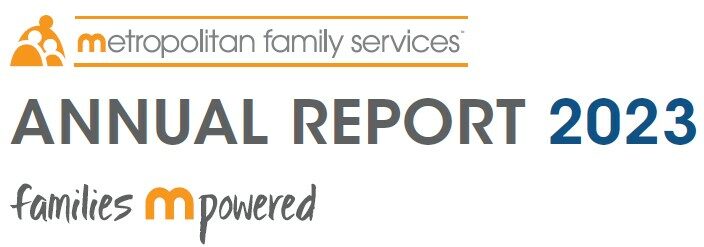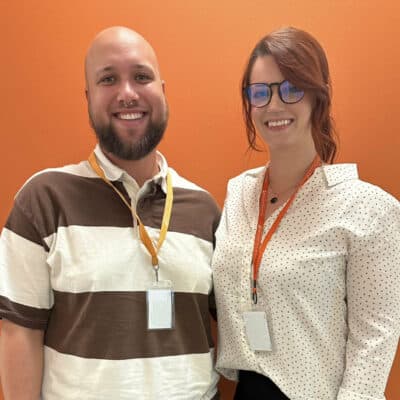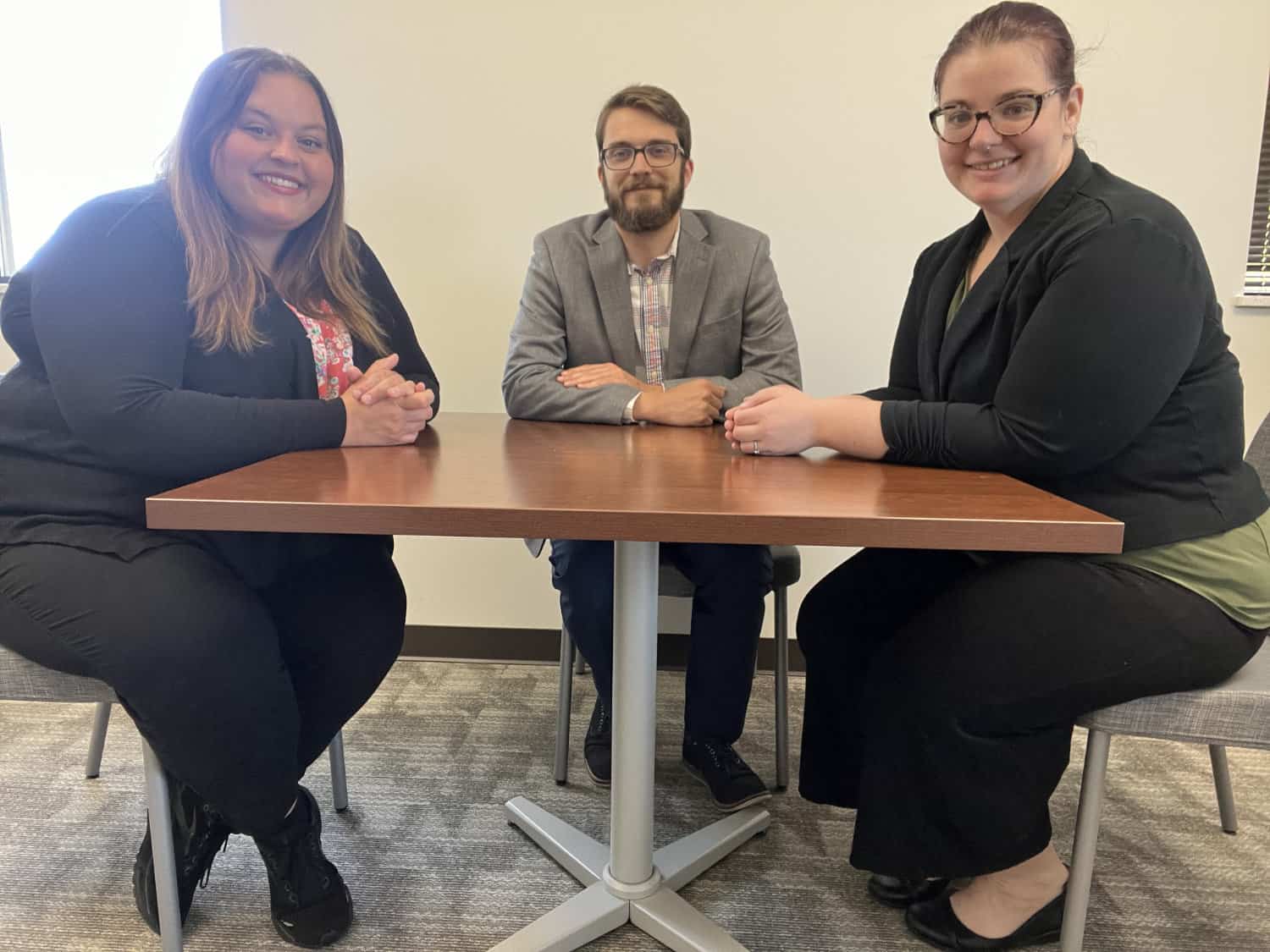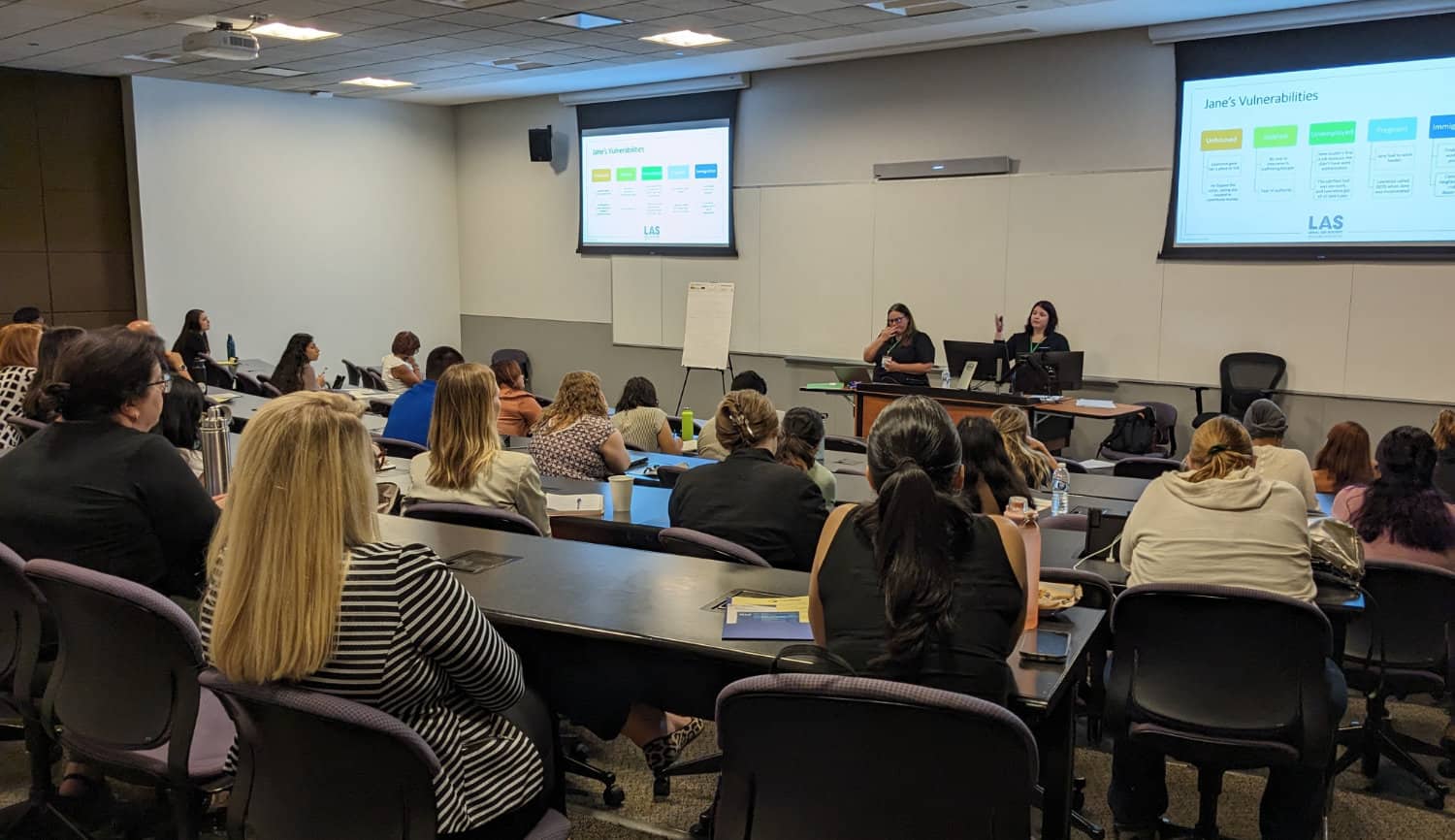“I would love for my job to not exist.” says Alex Johnson, a supervising attorney at the Legal Aid Society (LAS), who works with survivors of human trafficking in Northern Illinois. “Vulnerability can be exploited, and that looks different for everyone,” she says. “If we expect it to look one way, we can miss when it’s actually there.”
The Legal Aid Society Anti-Human Trafficking initiative provides holistic legal services to survivors of human trafficking and those who have experienced labor exploitation, which “can look like a lot of things,” says Katrina Quillen, a supervising attorney at LAS.
“Both of these issues boil down to the exploitation of another person for their labor or services – whether a situation is human trafficking or labor exploitation is a matter of degree, not of type.”
Quillen is part of a new LAS initiative focusing on human trafficking in the agricultural industry in central Illinois. “Right now, we are laying the groundwork,” she says. Outreach to inform various stakeholders, be it community leaders, law enforcement, or vulnerable individuals, is key in the program’s early stages, as many people may not know how to recognize trafficking, respond to it or get help. By spreading awareness in collaboration with shelters, support programs and local organizations, the program enhances the overall community response, contributing to a more effective support system for victims and survivors.
But before legal aid can be discussed, immediate needs must be addressed, such as food security, shelter or mental health services, which is part of the holistic approach of the initiative. “Sometimes its about accessing what the client needs in the moment, and sometimes that’s not us,” says Johnson. In those cases, the program works to connect clients to local resources or other services within MFS. “If our clients can’t find the resources they need, they are again in a vulnerable situation to be trafficked,” she notes.
“For a lot of survivors, it’s about rediscovering their autonomy,” Johnson says. “At the end of the day, we are helping them find their autonomy again, and that’s our job.”
“It’s amazing to see organizations rally together to be resources for as many people as they can. There’s a benefit to being part of a big organization, we have resources here, but we are also able to connect with our community partners to figure out what is best for each client on an individual basis.”
Katrina Quillen, a supervising attorney at LAS



